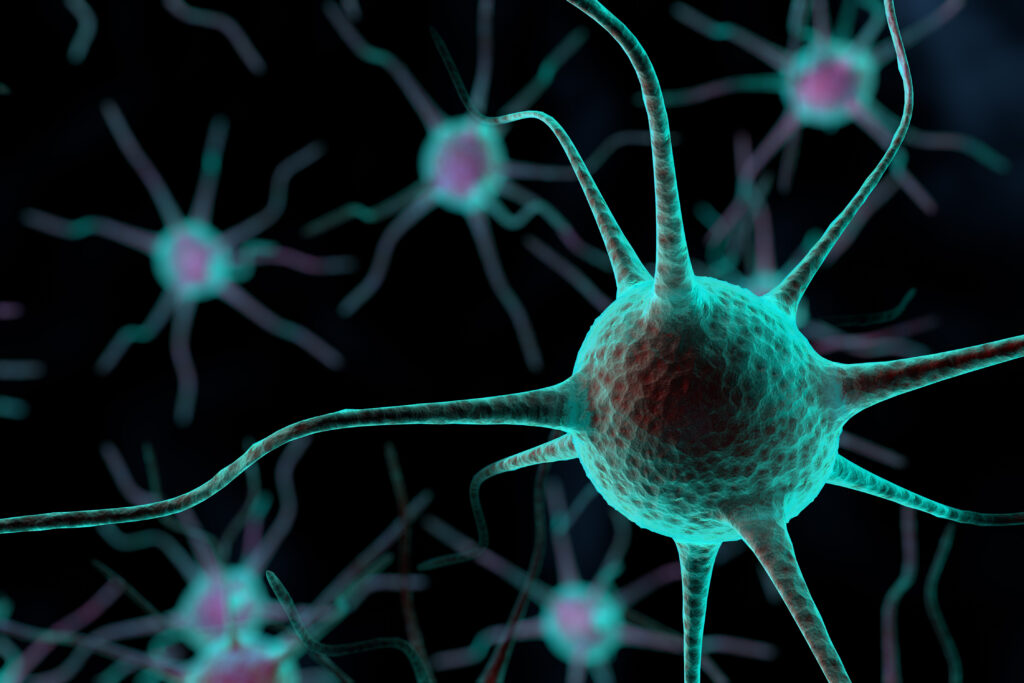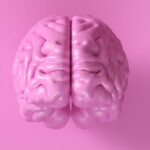Music Therapy for Alzheimer’s Patients: A Powerful Tool for Memory and Well-being
Music therapy is a non-pharmacological approach that has gained significant recognition for its benefits in enhancing the lives of individuals with Alzheimer’s disease and other forms of dementia. It offers a holistic way to improve cognitive functions, emotional well-being, and social interaction, making it an essential component of memory care interventions.
### Cognitive Enhancement
Music therapy stimulates cognitive functions by improving episodic memory retrieval. Engaging with familiar music enhances cognitive performance, which is particularly beneficial for Alzheimer’s patients. This form of therapy taps into long-term memory, which remains more intact than short-term memory in individuals with dementia. Familiar tunes or songs from childhood can stimulate neural connections, helping to retrieve memories from the past.
### Emotional and Psychological Stimulation
Music has a profound impact on emotional and psychological well-being. It reduces agitation and aggression, improves mood, and elicits positive emotions and memories. Listening to music in one’s mother tongue can be especially effective in boosting mood and reconnecting with memories. This emotional connection provides comfort and helps manage anxiety and depression, offering a calming effect that can soothe restlessness and discomfort.
### Communication and Social Interaction
Music therapy encourages both verbal and non-verbal communication, fostering connections between patients and caregivers. It enhances social interaction within group therapy settings, allowing individuals to engage with others through singing or dancing. This social engagement improves the overall caregiving experience by fostering empathy and deeper connections among participants.
### Motor Function and Memory Retrieval
Music therapy also improves motor function and mobility by enhancing memory recall through rhythmic auditory stimulation. It aids in maintaining physical capabilities, which is crucial for individuals with Alzheimer’s who may experience declining motor skills. The rhythmic patterns in music can help patients move more freely and maintain their physical independence.
### Quality of Life Improvement
Overall, music therapy significantly enhances the quality of life for Alzheimer’s patients. It increases engagement and participation in activities, contributing to a sense of happiness and fulfillment. By providing a source of comfort and familiarity, music therapy acts as a non-pharmacological approach to managing emotional distress and improving well-being.
### Personalized Therapy
One of the most effective aspects of music therapy is its ability to be tailored to each patient’s preferences. By respecting the unique musical tastes and backgrounds of individuals, music therapy offers personalized and person-centered care. This approach ensures that interventions are meaningful and enjoyable, making them more effective in improving the patient’s quality of life.
In conclusion, music therapy is a powerful tool in the care of Alzheimer’s patients. It offers a range of benefits that improve cognitive, emotional, and social aspects of their lives, making it an invaluable addition to dementia care strategies. By understanding how music impacts individuals with Alzheimer’s, healthcare professionals can implement more effective, personalized music interventions to enhance the well-being of these patients.



